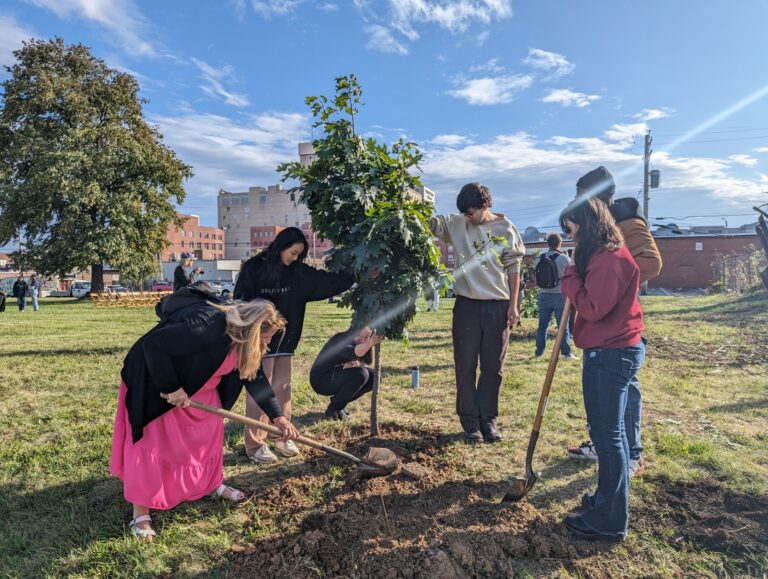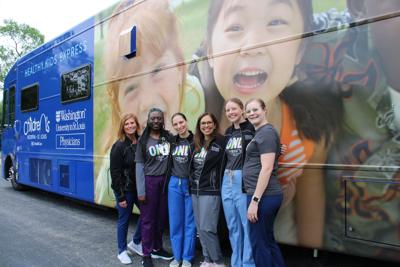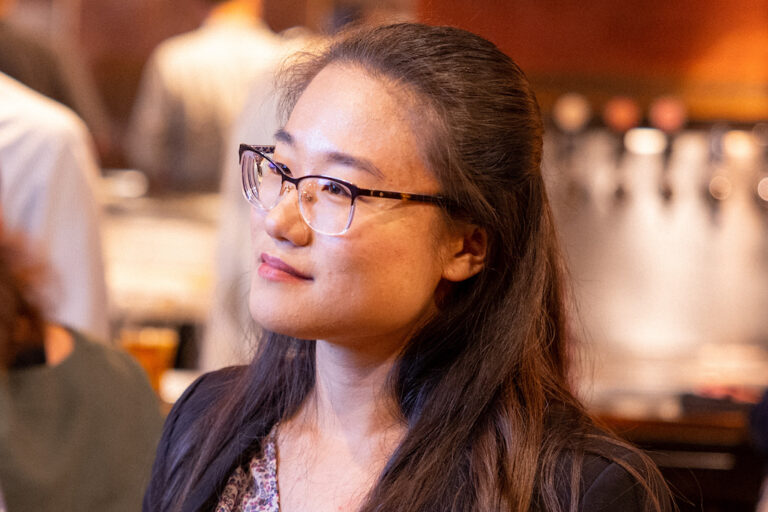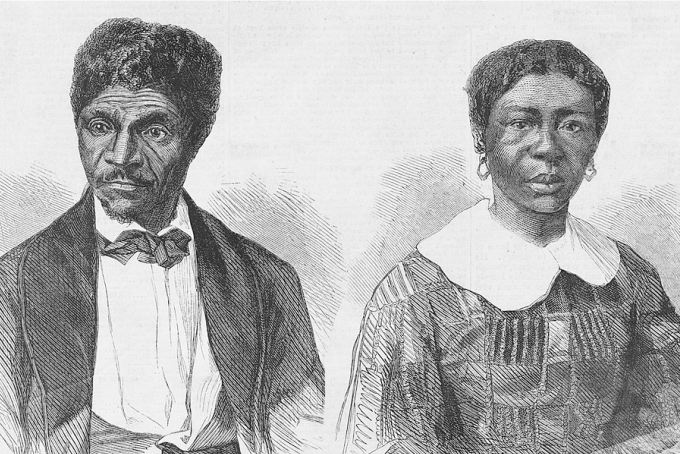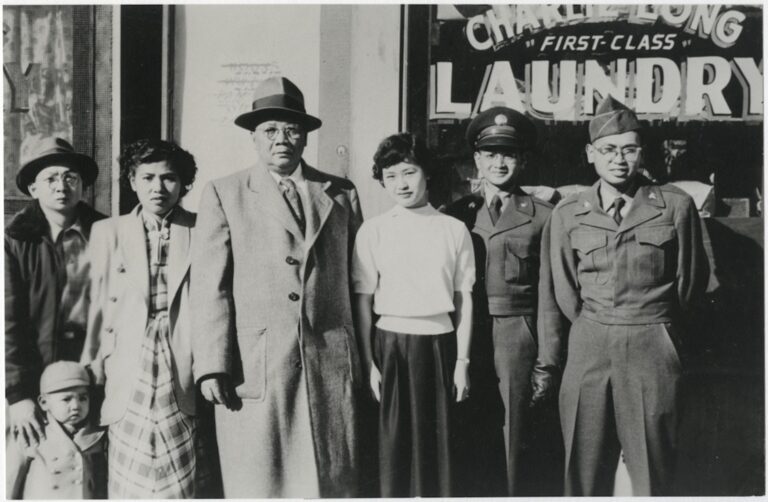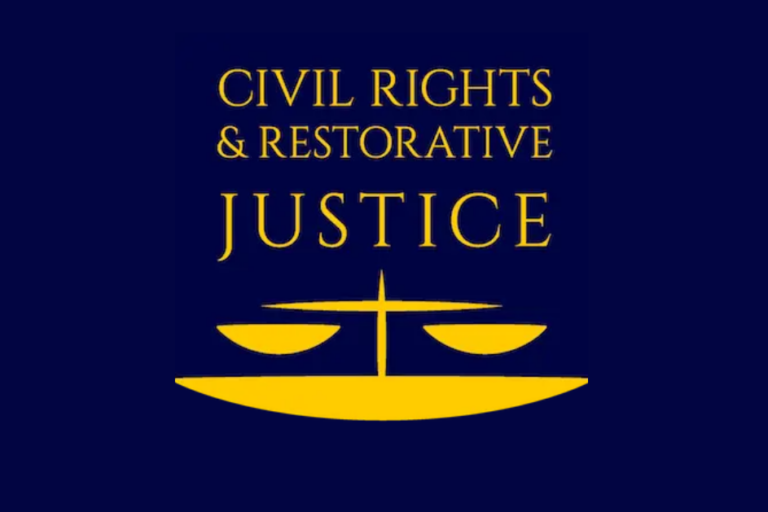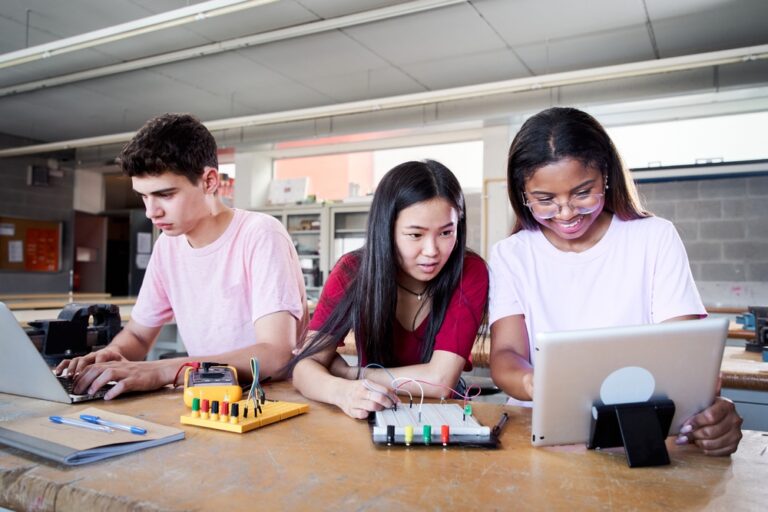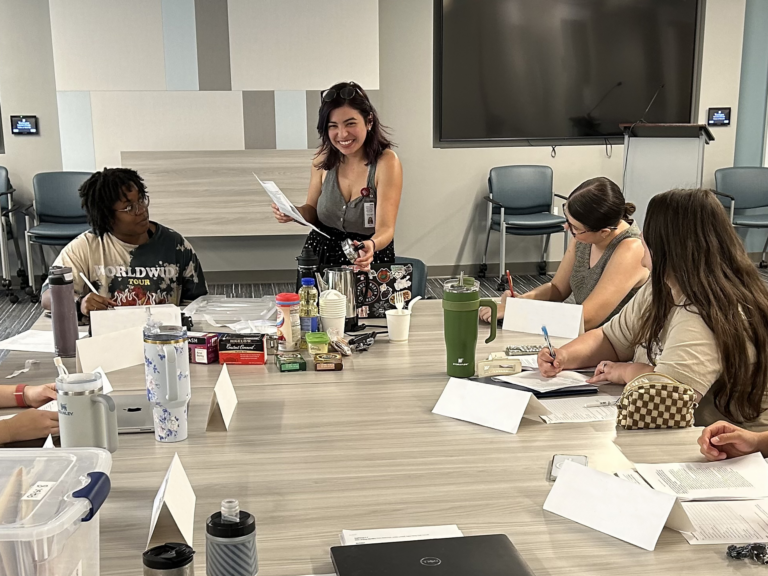Architecture for Non-Architects
“Architecture for Non-Architects” is designed for WashU undergraduates who are not enrolled in a traditional architecture studio. The course introduces students to the processes architects use to think about, view, and produce the built environment.
Healthy Kids Express – Diabetes Program
The Healthy Kids Express– Diabetes Program brings a team of diabetes experts including those from Children’s Hospital and Washington University Physicians to underserved area schools.
Science Media Fellowship
The Science Media Fellowship program at WashU Medicine’s McDonnell Genome Institute supports local high school students interested in science, journalism, public policy, and more. Additionally, the program shares with students how stories told about science influence public perception and public policy.
Transdisciplinary Institute in Applied Data Science (TRIADS)
The mission of the Transdisciplinary Institute in Applied Data Science (TRIADS) is to explore new datasets and new techniques to understand better and address critical problems facing society today. TRIADS creates and supports transdisciplinary collaborations among scholars to connect big data to big questions.
WashU & Slavery Project
Washington University Libraries created exhibits in conjunction with a series of related events focusing on the history of slavery and the stories of enslaved individuals in St. Louis. The Slavery in St. Louis exhibition and the Archives of Resistance Event Series highlight primary source documents from the Julian Edison Department of Special Collections at University Libraries. A related display of Black Numismatics will be on display in the exhibition Coins Across Time: Ancient to American Numismatics. The exhibit and events arise from the WashU & Saver Project’s efforts to examine and address WashU’s historical entanglements with slavery, which include foundational research with contextualization of relevant collections in the library archives.
Asia in St. Louis
Revisit and reconstruct the history of Asian Americans in St. Louis utilizing an intuitive digital humanities tool, ArcGIS StoryMap. The story map, called Asia in Saint Louis, comprises images, interactive maps, narratives, and interview videos, and is conceptualized and structured around the four themes/sections: Historical traces, early Chinese Americans, early Japanese Americans, and Asian American civil rights. The story map will use primary sources from four local historical societies and archives: Washington University Libraries Special Collections, Missouri Historical Society, State Historical Society of Missouri-Saint Louis, and National Archives in Kansas City.
St. Louis Policy Initiative
The St. Louis Policy Initiative brings diverse theoretical and methodological perspectives to study policy in our region. Substantively, its research agendas engage with the most pressing policy challenges in society today. The initiative explores the relationship between racial segregation, political representation, housing policy, public health outcomes, and environmental outcomes in urban cores and their suburbs. For example, how does political representation translate into improved public health outcomes? To what extent do environmental factors drive disparities in home prices in Black and white neighborhoods?
Action Research Lab
Beginning Spring semester 2023, the Civil Rights & Restorative Justice (CRRJ) Action Research Lab at WashU will work with the award-winning CRRJ Clinic at Northeastern University Law School and other local and regional initiatives to research and redress histories and legacies of racial violence and repression in Missouri. The WU-CRRJ Action Research Lab at WashU is co-led by WashU faculty members and long time CRRJ research collaborators David Cunningham (Sociology) and Geoff Ward (AFAS).
Engineers in the Community
Engineers in the Community is a community-engaged, project-based course where WashU undergraduate engineering students complete projects for community partners in St. Louis. The partners range in areas from healthcare to environmental justice to educational equity, and beyond.
Community Experiential Learning Center
Each semester, the Washington University Student Occupational Therapy Association has been able to improve the lives of many individuals in the St. Louis community. These projects include exploring areas of occupational therapy practice and volunteering within the community. Projects range from Accessibility of Schools in St. Louis, assessment of two school environments in St. Louis, to the Parkinson Disease Caregiver Education Series, a project where faculty and students develop curriculum of two classes to support the knowledge, skills, and emotional health of Parkinson patients’ caregivers.
